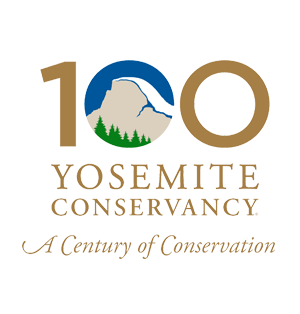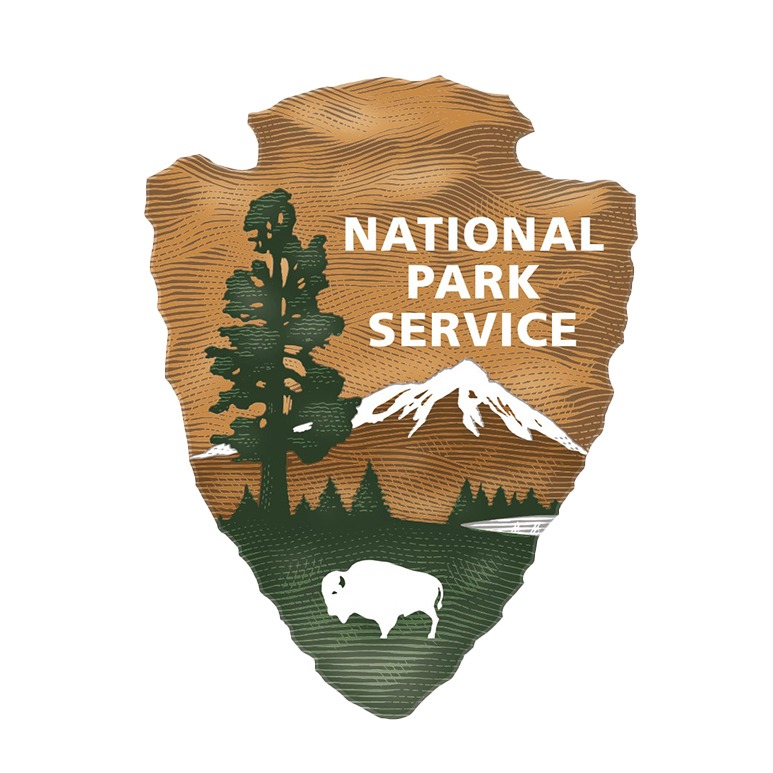*This is a 2022 archived project, view this year’s projects here.
Project overview: Map, collect, and study populations of monkeyflowers and other plants on El Capitan for the first time.
How your support helps: El Capitan is, arguably, the most iconic and heavily trafficked cliff ecosystem in the world. Cliffs host unique ecosystems, yet we know little about them. Big walls are frontiers of scientific discovery, and El Capitan provides an unparalleled opportunity to document plant diversity, adaptation, and reproduction in this extreme environment for the first time.
Rock climbing is soaring in popularity, and more climbers are climbing classic walls, such as El Capitan, than ever before. Scientists have found that heavily climbed areas often have decreased plant species diversity, but increased seed movement. Climbers can affect plant communities by tracking seeds on their shoes and gear, and by intentionally removing vegetation from routes.
It is essential to document existing plant diversity and distribution on El Capitan to understand patterns of seed dispersal, reproduction, and adaptation before these systems are irreparably changed. It is also crucial that we engage the climbing community in cliff ecology conservation efforts as this constituency continues to grow.
Yosemite climbing rangers have assisted with bird and bat research and want to expand their role in plant ecology research and public outreach about cliff ecosystems.
This year: With your support, researchers will partner with climbing rangers to map, collect, and study monkeyflowers and other plants on El Capitan. They’ll also produce a film and an Ask a Climber exhibit to share the natural history of El Capitan.
Project partners: Yosemite National Park; University of California, Merced; and Tulane University

